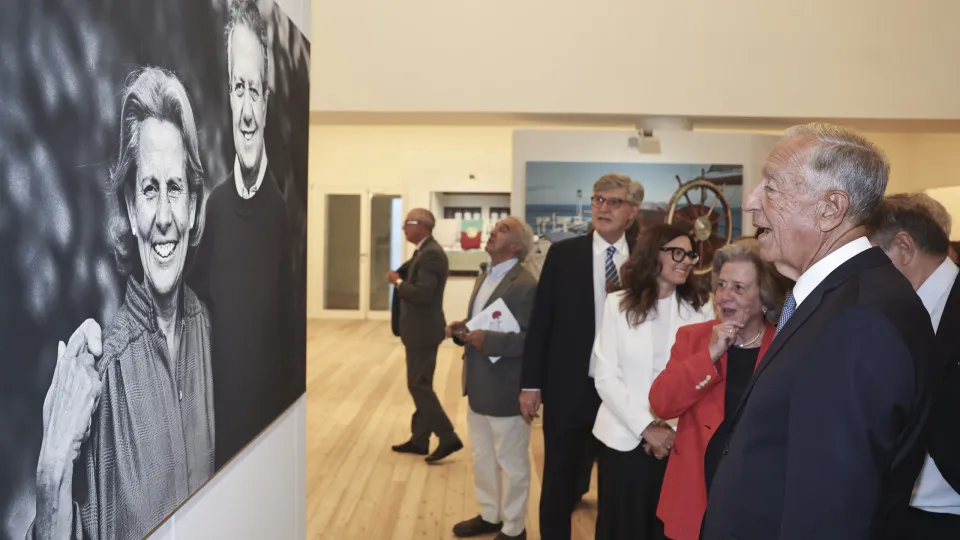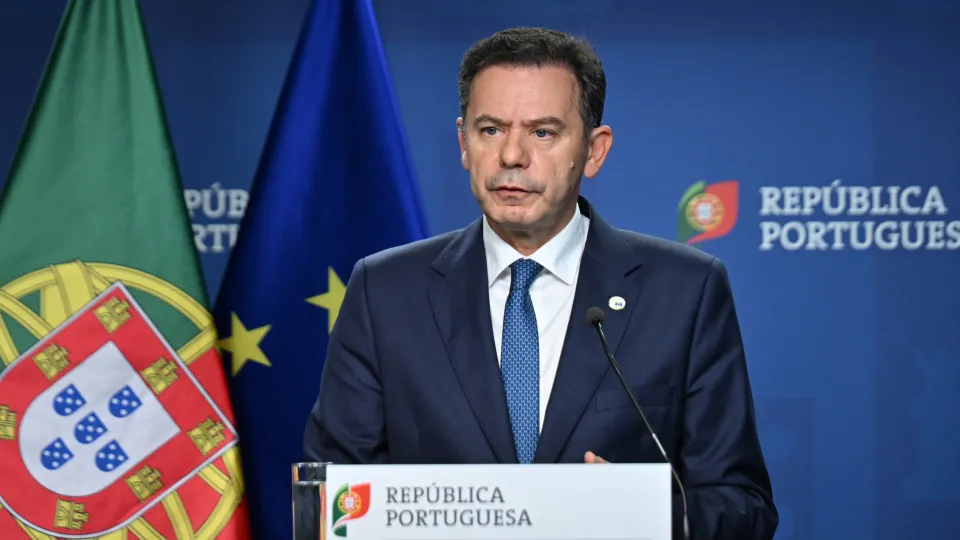“The government did not need to advance with a global proposal that causes, at the outset, enormous social conflict if it indeed takes effect,” stated Carlos Silva in a statement to Lusa on the sidelines of the Porto Social Forum 2025, which today and Friday brings together more than 200 international leaders to discuss “Quality Jobs in a Competitive Social Europe”.
Questioning what the government relied on to proceed with this social conflict, the UGT representative recalled that when he was the general secretary of this trade union center, the then representative of the employers and leader of CIP – Confederation of Portuguese Business, António Saraiva, “argued that entrepreneurs need predictability and stability, particularly concerning legislation”.
“And I remind you that next October marks exactly two years since the signing of the last major labor law amendment in social dialogue, which was based on improving incomes, wages, and competitiveness,” he stated.
In this context, Carlos Silva questions the reasons for this “commitment” by the government just two years after the last reform and reiterates that it “comes untimely and leads the trade union centers to have significant concern and rejection of the package that was presented”.
Supporting the current UGT leadership’s position that the draft labor law reform “does not serve workers’ interests,” he recalled that the current general secretary of the center, Mário Mourão, has already stated that “either the government backs down on some matters or else the UGT is available for all forms of struggle” and “does not rule out the possibility of a strike, jointly or not with the other trade union center [CGTP]”.
Among the matters included in the reform that he considers most damaging to workers’ interests, Carlos Silva highlighted the attack on the right to strike, emphasizing that it is “an emblematic issue for the trade union movement worldwide” and “the last form of struggle available to workers to reject certain unfavorable proposals”.
Regarding various other matters included, he argued that “they can be referred to collective bargaining”, recalling again, in this context, words from the former CIP leader António Saraiva: “The State talks a lot and sometimes speaks unnecessarily. And when we need the State, it is less State and better State,” he argued.
In this context, Carlos Silva argues that the government “should carefully consider whether it wants to maintain the entire labor package”, reiterating that it “is detrimental to workers’ rights, many of which have been acquired over decades, in times of austerity”.
“It is good for the government to be aware that the conflict it raises even causes a negative response within UGT from the social-democratic tendency, which is surprising,” he concludes.
The draft labor law reform approved by the government, currently being negotiated with social partners, proposes the revision of “over a hundred” articles of the Labor Code.
The changes included in the proposal, designated as “Work XXI” and presented by the government on July 24 as a “profound” revision of the labor legislation, range from the area of parenthood (with changes in parental, breastfeeding, and gestational mourning leaves) to flexible work, corporate training, or the trial period of work contracts, also foreseeing an extension of sectors that will be subject to minimum service requirements in the event of a strike.




